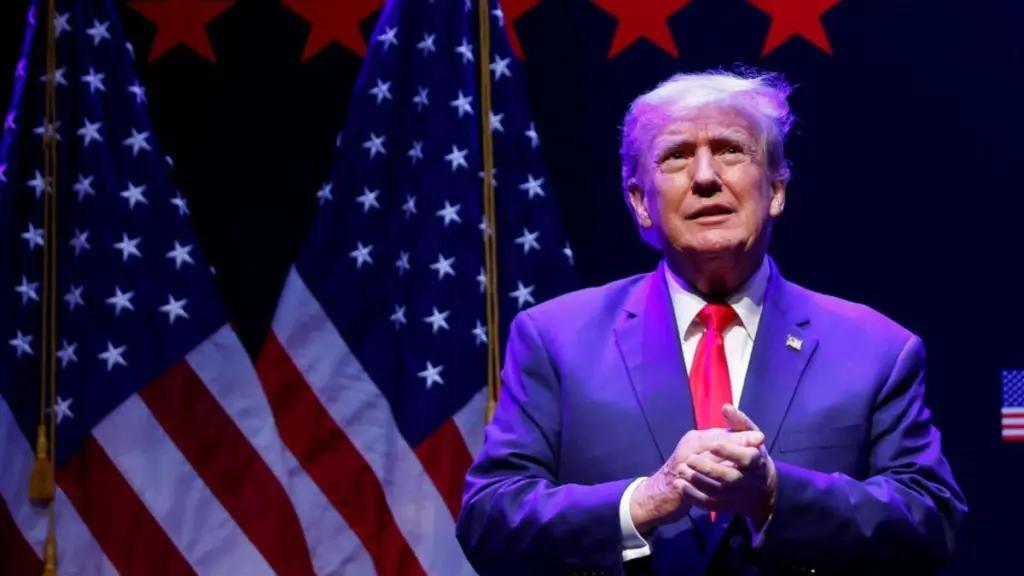
Donald Trump Exempts Smartphones & Computers from Reciprocal Tariffs
In a move that has sent ripples through the global tech industry, United States President Donald Trump has announced that smartphones, computers, and other electronic items will be exempt from the reciprocal tariffs imposed on Chinese goods. According to a Customs and Border Patrol notice, the exemption comes into effect immediately, providing some much-needed relief to tech giants like Apple, who had been concerned that the tariffs would lead to a significant increase in gadget prices.
The reciprocal tariffs, which were imposed in August, had targeted a range of Chinese goods worth over $125 billion, including electronics, machinery, and textiles. However, the exemption for smartphones, computers, and other electronic items means that these goods will not be subject to the tariffs, which had been widely criticized by tech companies and consumers alike.
The decision to exempt these goods from the tariffs was likely influenced by concerns that the tariffs would lead to a significant increase in prices for consumers. Many tech companies, including Apple, have manufacturing facilities in China, and the tariffs would have increased the cost of production for these companies. This would have ultimately been passed on to consumers in the form of higher prices for gadgets and electronics.
In a statement, the White House said that the exemption was made “to mitigate the impact of the tariffs on the US economy and to ensure that American consumers are not unfairly burdened.” The statement added that the exemption would also “help to maintain a level playing field for American businesses and workers.”
The exemption is likely to be welcome news for tech companies like Apple, which has been vocal in its opposition to the tariffs. In a statement, Apple said that it was “pleased that the administration has chosen to exempt these goods from the tariffs.” The company added that it was “committed to making the best products for our customers and to creating jobs and opportunities in the US and around the world.”
Other tech companies, including Microsoft and Google, have also welcomed the exemption, saying that it will help to avoid price increases for consumers. However, not everyone is happy with the decision, with some critics arguing that it is unfair to exempt certain goods from the tariffs while leaving others subject to the tariffs.
The exemption is also likely to be seen as a victory for China, which had been pushing for the US to exempt certain goods from the tariffs. The Chinese government had argued that the tariffs were unfair and that they would harm both American and Chinese consumers.
The news comes amid ongoing trade tensions between the US and China, which have been a major source of concern for global markets and the global economy. The tariffs were imposed in response to China’s alleged theft of intellectual property and forced technology transfer, and the exemption is likely to be seen as a sign that the US is willing to negotiate with China to resolve these issues.
In recent weeks, there have been signs that the US and China are making progress on trade talks, with both sides indicating that they are willing to compromise. The exemption for smartphones, computers, and other electronic items is likely to be seen as a goodwill gesture by the US, and could help to pave the way for further talks and a potential trade deal.
In conclusion, the exemption of smartphones, computers, and other electronic items from the reciprocal tariffs is likely to be a welcome relief for tech companies and consumers alike. The decision was likely influenced by concerns that the tariffs would lead to a significant increase in prices for consumers, and is a sign that the US is willing to negotiate with China to resolve the ongoing trade tensions.






